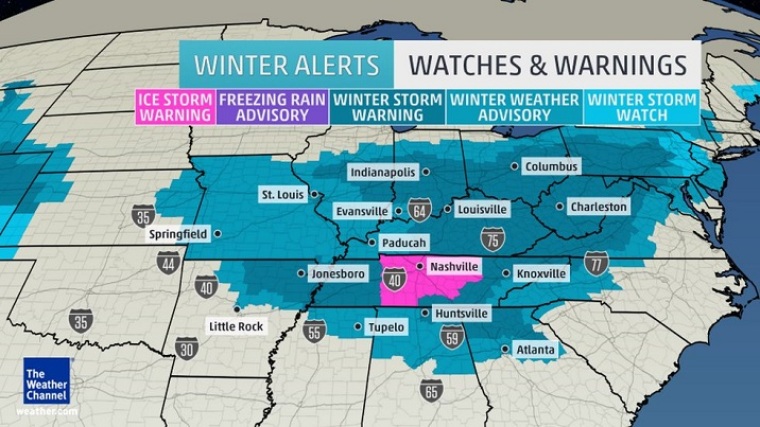Science skeptics dazzle warming believers

NEW HAVEN, Conn. (Christian Examiner) – A Yale University law professor unwittingly debunked the negative stereotype believers in man-made global warming have about "uninformed" skeptics when he gave people in both groups a nine-question test.
The charge is that people who do not believe in a man-made crisis do not know anything about science.
But when Dan Kahan asked 2,000 people nine questions about climate science, skeptics—those who question manmade global warming—answered an average of 4.5 questions correctly while believers in man-made global warming scored lower, with a mean of 4.0 right responses.
A forthcoming edition of Advances in Political Psychology will publish Kahan's findings.
"This doesn't mean skeptics are more informed; it just means they're not poorly informed, which is what alarmists want us all to believe," according to an editorial in Investor's Business Daily.
Groups that are concerned about global warming say the study results really show that politics is blinding otherwise reasonable people.
But skeptics claim it is alarmists who are naive.
"It's easy to believe in the religion of global warming," Roy Spencer, a climatologist at the University of Alabama in Huntsville, told FoxNews.com.
Kahan's nine questions probed general knowledge and simple reasoning. For example:
-- When asked if global warming increased the risk of skin cancer, skeptics were more apt to know the answer was "false."
-- Skeptics also were more likely to correctly say that if the North Pole icecap melted, global sea levels would not rise. The arctic does not have a land mass, so arctic ice already affects ocean levels. Antarctic ice, however, rests atop a continent and if it melted the runoff would increase sea levels.
Climatologists who are skeptical about the extent of man-made global warming says the results do not surprise them, wrote Maxim Lott in an article for Fox News.
"Climate contrarians know what scientists have found but they're choosing to reject those findings, usually for political reasons," said Aaron Huertas, a spokesman for the Union of Concerned Scientists. "The public just doesn't hear often enough from conservative politicians and advocacy groups that are engaging in constructive debates on climate policy."
Kahan said he agreed, that people choose what to believe about global warming/climate change based on politics rather than what they know about science. He suggested there should be more respectful conversation that educates rather than polarized positioning that causes people to "demonize" those who disagree with them.
"It is really pretty intuitive," Kahan said. "Who wouldn't be insulted by someone screaming in their face that she and everyone she identifies with 'rejects science'?"